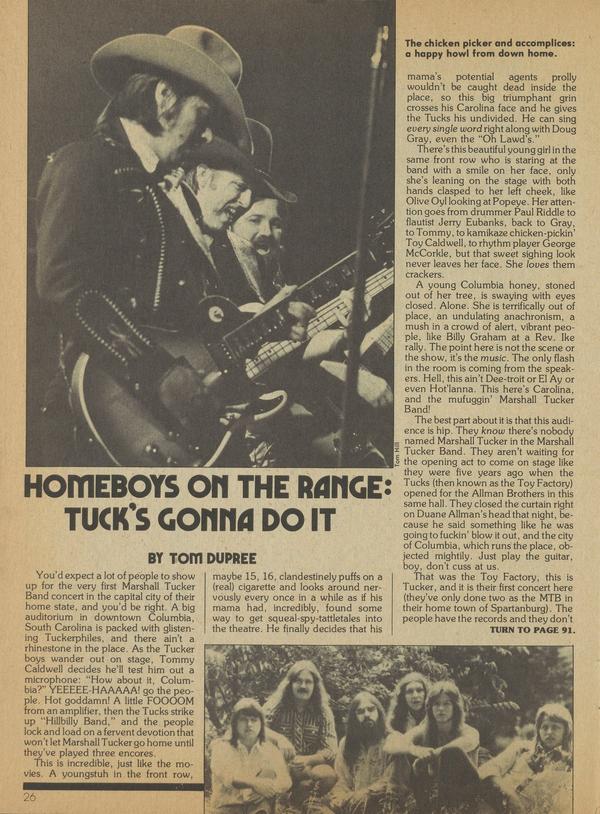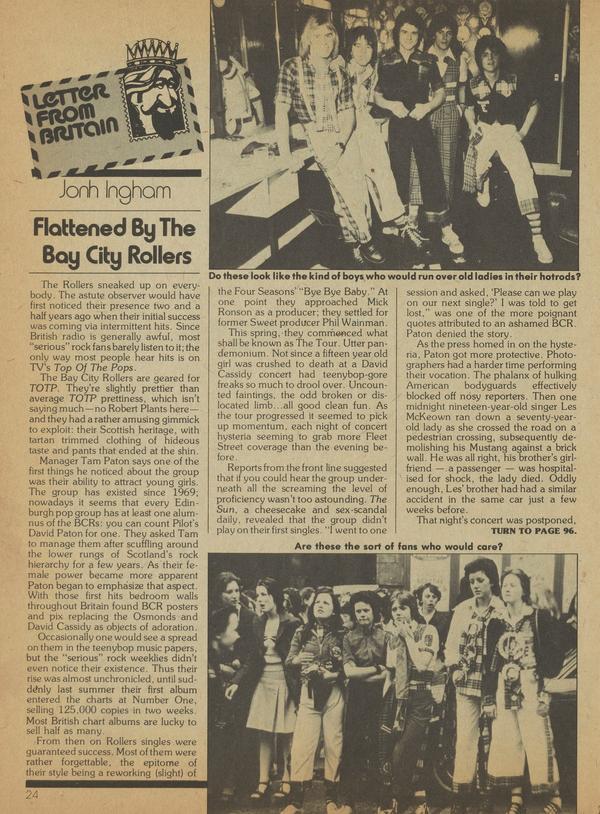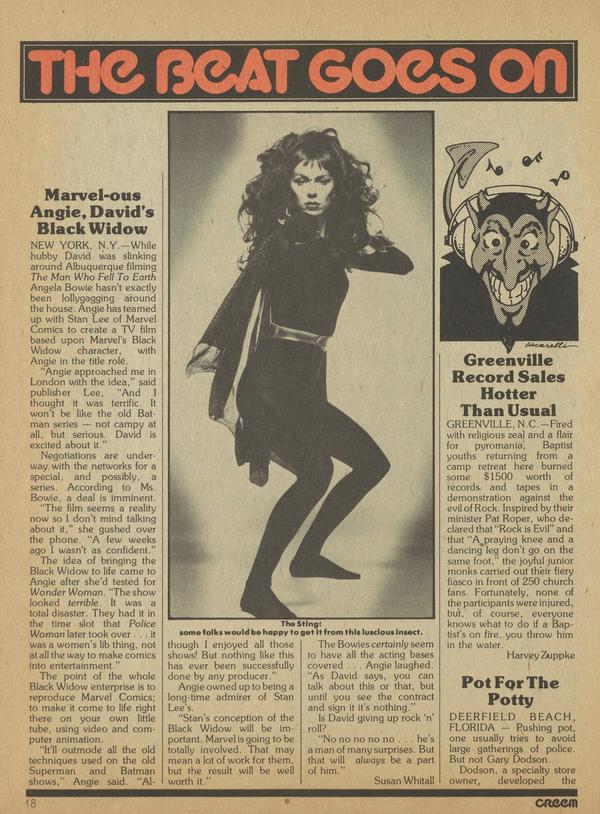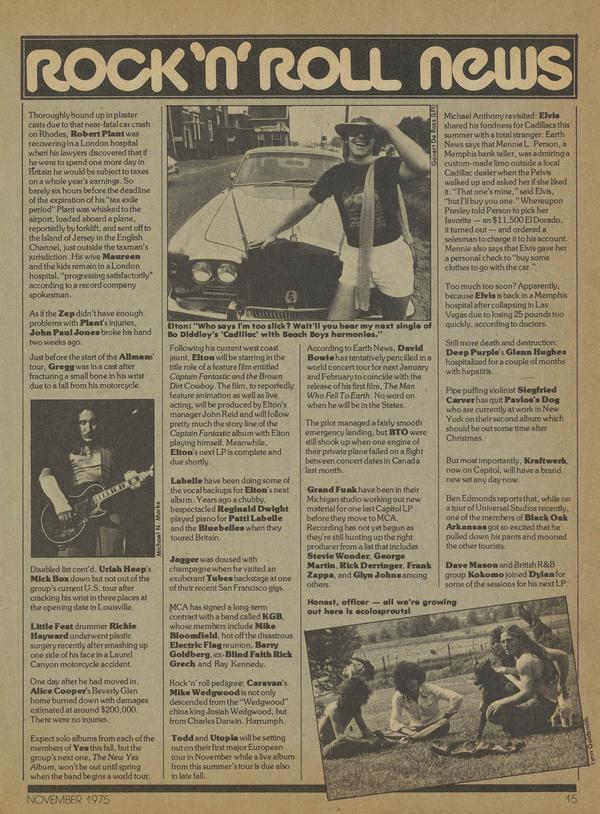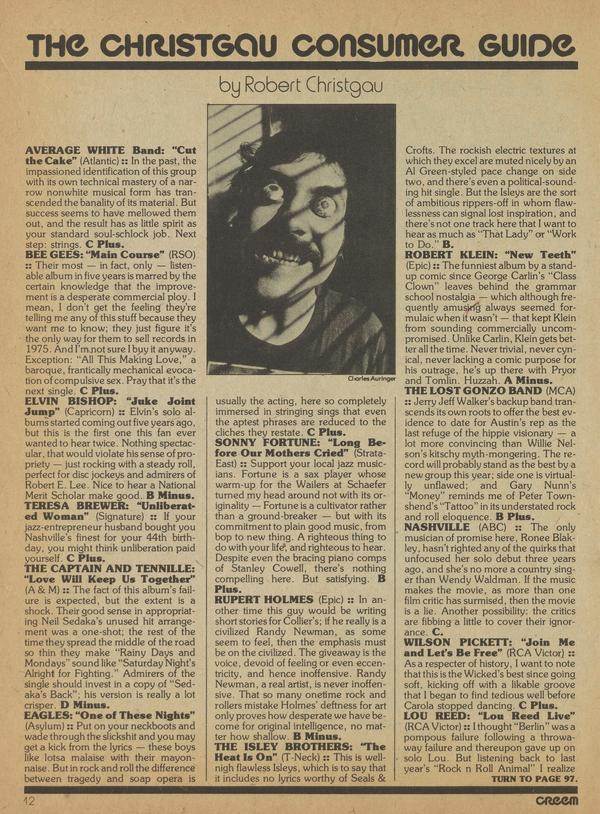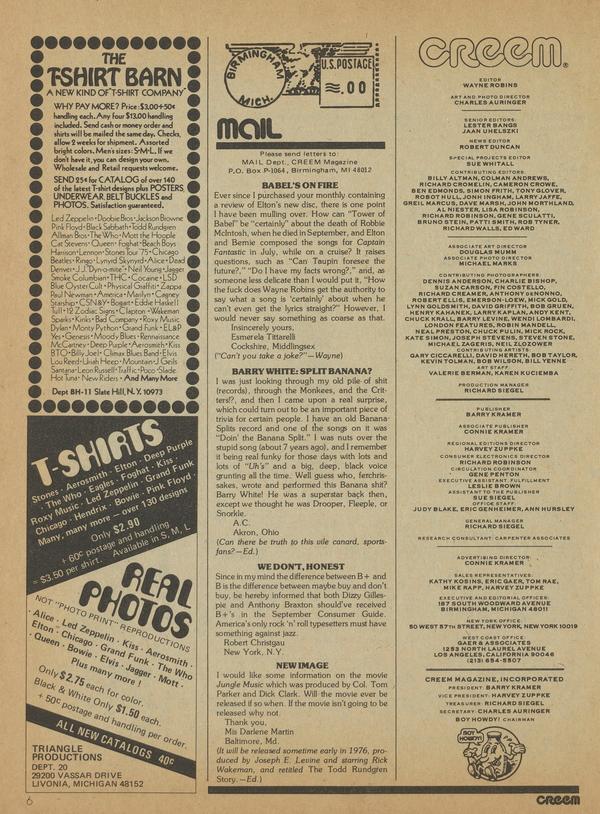Features
NEIL YOUNG: The Unwilling Superstar
Neil Young isn’t out to win any popularity contests.


Neil Young isn’t out to win any popularity contests. Just as he reached the top of the heap three years ago with the huge-selling Harvest, Young divested himself of the look and the sound of superstardom and began to rework his music and image almost from scratch. It wasn’t out of any fear that he turned away from the crowd and its expectations: Young’s projects since Harvest— a film, three albums, and several concert tours—have (whatever their aesthetic worth) been intensely, uncompromisingly personal. So he hasn’t stopped putting himself on the line—on the contrary, his post-Harvest work seems to be part of a continuing quest for some difficult truths.
Now Young has an album he cares so much about that he’s willing—at least temporarily—to return to the f world of media conventions to get the £ word out cibout it. Face set with a look-= of determined congeniality, glass ofl orange juice in hand, this man (who generally cares so little about the concept of promotion that he didn’t bother to include any songs from the then-new On the Beach in CSN&Y’s ’74 tour repertoire) braced himself to meet the press, a few at a time, in manager Elliot Roberts’ Sunset Strip office a fortnight before the release of his Tonight's the Night. His hair grown long and ratty since his CSN&Y appearances, still wearing th6 two-toned gangster-style shoes that had made a match with the dark secondhand suit he’d worn to the previous night’s album preview party, Young didn’t so much look cdnsciously anti-style as vacantly non-style.


